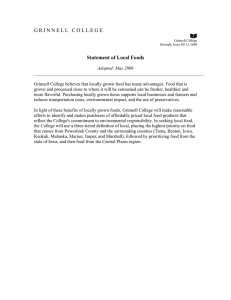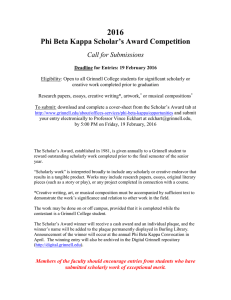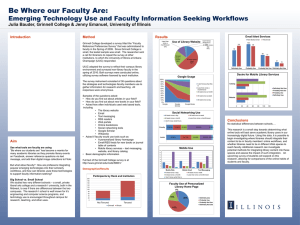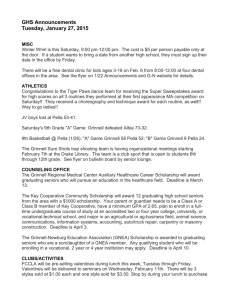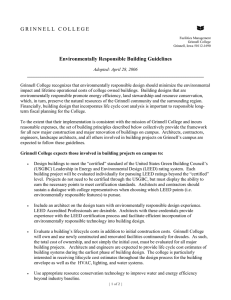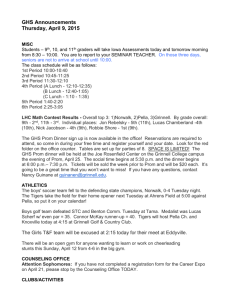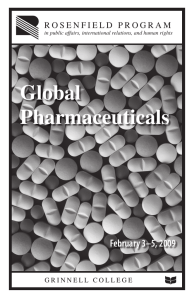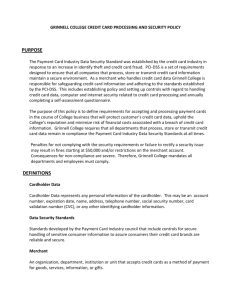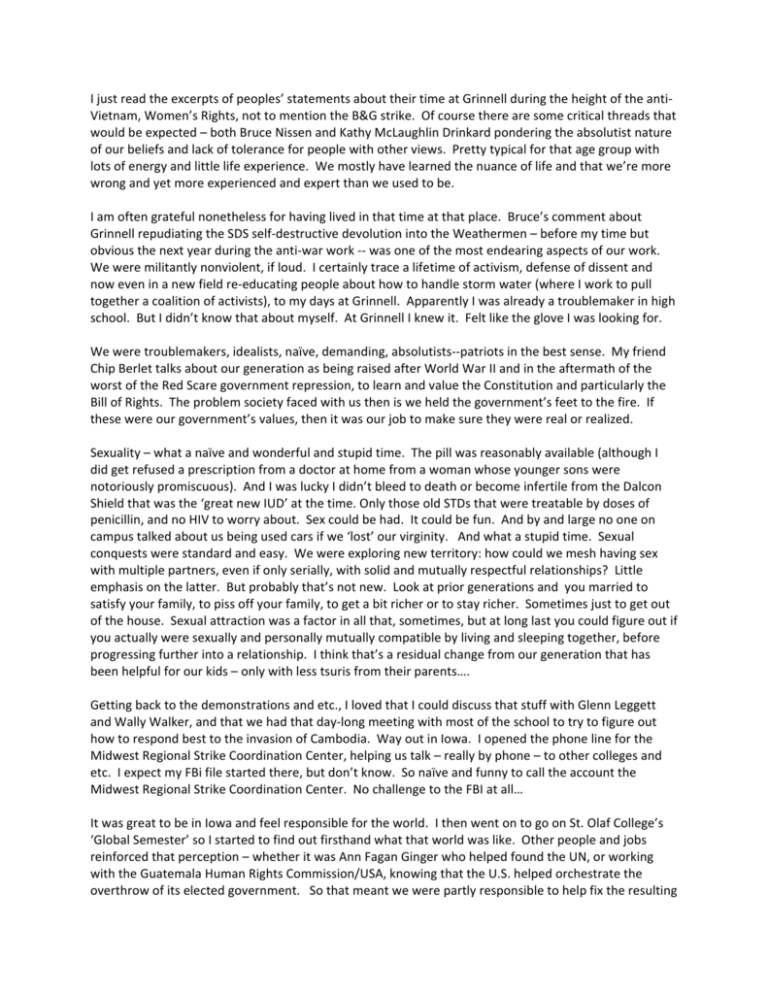
I just read the excerpts of peoples’ statements about their time at Grinnell during the height of the anti-­‐
Vietnam, Women’s Rights, not to mention the B&G strike. Of course there are some critical threads that would be expected – both Bruce Nissen and Kathy McLaughlin Drinkard pondering the absolutist nature of our beliefs and lack of tolerance for people with other views. Pretty typical for that age group with lots of energy and little life experience. We mostly have learned the nuance of life and that we’re more wrong and yet more experienced and expert than we used to be. I am often grateful nonetheless for having lived in that time at that place. Bruce’s comment about Grinnell repudiating the SDS self-­‐destructive devolution into the Weathermen – before my time but obvious the next year during the anti-­‐war work -­‐-­‐ was one of the most endearing aspects of our work. We were militantly nonviolent, if loud. I certainly trace a lifetime of activism, defense of dissent and now even in a new field re-­‐educating people about how to handle storm water (where I work to pull together a coalition of activists), to my days at Grinnell. Apparently I was already a troublemaker in high school. But I didn’t know that about myself. At Grinnell I knew it. Felt like the glove I was looking for. We were troublemakers, idealists, naïve, demanding, absolutists-­‐-­‐patriots in the best sense. My friend Chip Berlet talks about our generation as being raised after World War II and in the aftermath of the worst of the Red Scare government repression, to learn and value the Constitution and particularly the Bill of Rights. The problem society faced with us then is we held the government’s feet to the fire. If these were our government’s values, then it was our job to make sure they were real or realized. Sexuality – what a naïve and wonderful and stupid time. The pill was reasonably available (although I did get refused a prescription from a doctor at home from a woman whose younger sons were notoriously promiscuous). And I was lucky I didn’t bleed to death or become infertile from the Dalcon Shield that was the ‘great new IUD’ at the time. Only those old STDs that were treatable by doses of penicillin, and no HIV to worry about. Sex could be had. It could be fun. And by and large no one on campus talked about us being used cars if we ‘lost’ our virginity. And what a stupid time. Sexual conquests were standard and easy. We were exploring new territory: how could we mesh having sex with multiple partners, even if only serially, with solid and mutually respectful relationships? Little emphasis on the latter. But probably that’s not new. Look at prior generations and you married to satisfy your family, to piss off your family, to get a bit richer or to stay richer. Sometimes just to get out of the house. Sexual attraction was a factor in all that, sometimes, but at long last you could figure out if you actually were sexually and personally mutually compatible by living and sleeping together, before progressing further into a relationship. I think that’s a residual change from our generation that has been helpful for our kids – only with less tsuris from their parents…. Getting back to the demonstrations and etc., I loved that I could discuss that stuff with Glenn Leggett and Wally Walker, and that we had that day-­‐long meeting with most of the school to try to figure out how to respond best to the invasion of Cambodia. Way out in Iowa. I opened the phone line for the Midwest Regional Strike Coordination Center, helping us talk – really by phone – to other colleges and etc. I expect my FBi file started there, but don’t know. So naïve and funny to call the account the Midwest Regional Strike Coordination Center. No challenge to the FBI at all… It was great to be in Iowa and feel responsible for the world. I then went on to go on St. Olaf College’s ‘Global Semester’ so I started to find out firsthand what that world was like. Other people and jobs reinforced that perception – whether it was Ann Fagan Ginger who helped found the UN, or working with the Guatemala Human Rights Commission/USA, knowing that the U.S. helped orchestrate the overthrow of its elected government. So that meant we were partly responsible to help fix the resulting mess. But most of all it comes down to defending dissent. We were trained to be a generation of dissenters. I’ve really taken that to heart, but I’m not alone. It’s our government – to make it or fix it. I’ve got a couple pictures of various and sundry – will find them and anything else that seems useful. Kit Gage ‘73


